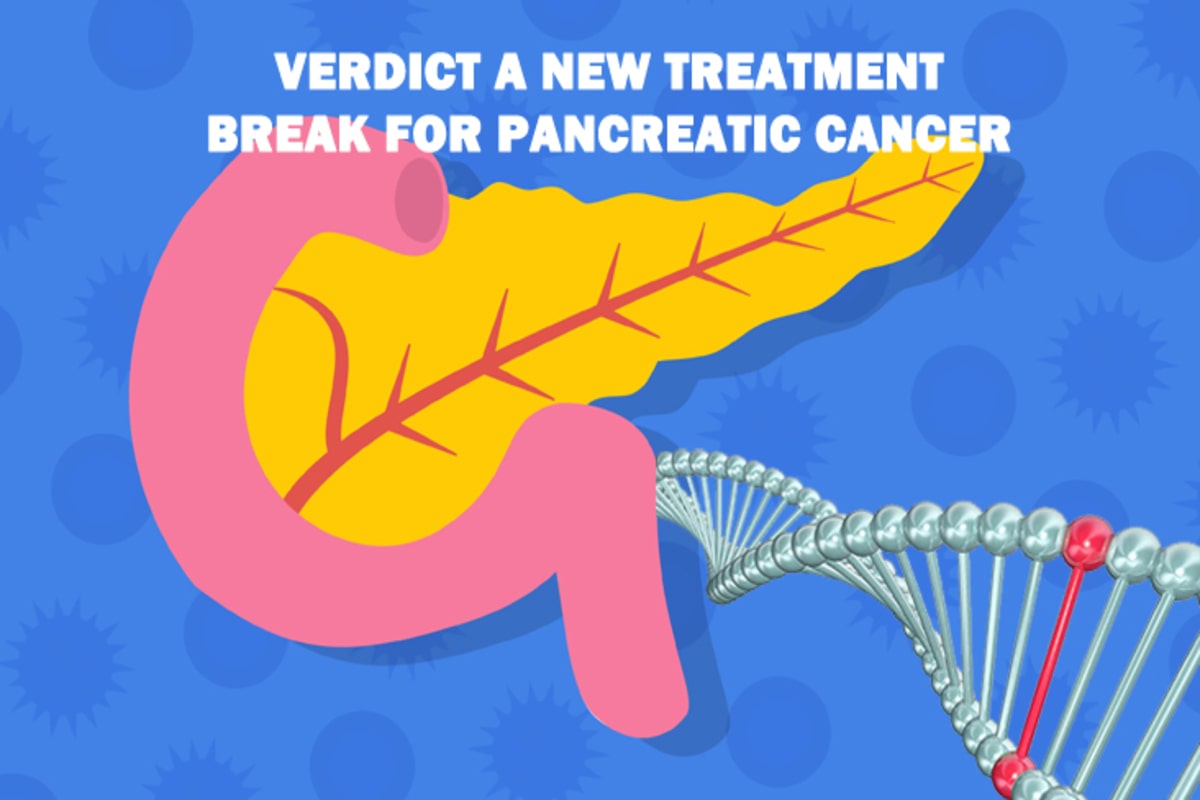Pancreatic cancer is a deadly disease with too little options of effective treatment so far. But the study conducted at Yale Cancer Centre has identified a gene critical to the growth of pancreatic cancer cells, revealing new options in its field of treatment.
Cancer cells require specific nutrients to survive and divide quickly. This property of cancer cells has been utilized in this study conducted by Narendra Wajapayee, associate professor of pathology, and his team. They searched the sets of genes involved in metabolism regulation in pancreatic cancer tissue. Out of the 13 metabolic genes identified, they narrowed their search to four genes, which when blocked reduced the growth of pancreatic cancer cells.
Further studies depicted one particular gene, PON2 that was required for the growth of pancreatic tumours and their spread to other organs like liver and lungs. The gene PON2 was found to increase the ability of pancreatic cancer cells to use glucose for their survival and migration to other parts of the body.
On the basis of this study, Wajapayee and his team are further working to develop inhibitors for blocking the gene PON2 and thus inhibit the growth of pancreatic cancer.

